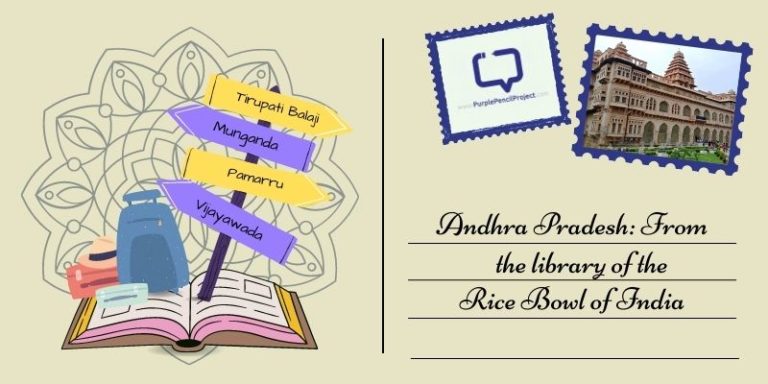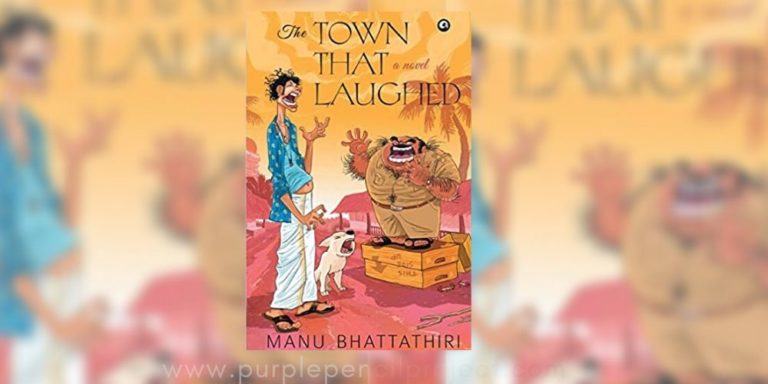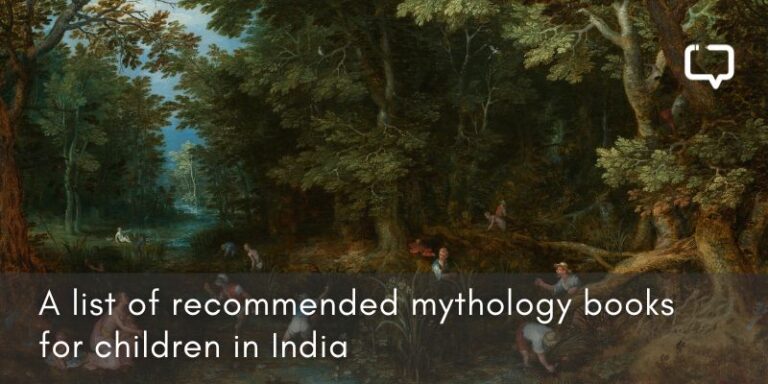Priyadarshini Gauri reviews Dinesh Pathak’s Mrs. Simon is Waiting and Other Stories, translated from Hindi by Sneha Pathak (Published by Antika Prakashan, 2023)
If you, like me, grew up as a child of the 90s, limited by both parental restrictions and a lack of television options, you might recall the modest yet memorable era of Doordarshan, featuring shows like Mitti Ke Rang. Despite its basic production quality, the show’s uniqueness lay in its weekly delivery of relatable stories that mirrored the concerns of both rural and urban Indians before the wave of liberalization. Many episodes were adaptations of short stories by Mohan Rakesh, a pioneer of the Nai Kahaani literary movement in Hindi literature during the fifties. Even as a child, I recognized that the simplicity of what I was watching was far from ordinary.
Reading Dinesh Pathak’s Mrs. Simon is Waiting and Other Stories, translated from Hindi by Sneha Pathak, brought back memories of those simpler times, of watching Mitti Ke Rang on Doordarshan, of needing little to be happy but needing it badly. Trying to break out of the lower rungs of Maslow’s Hierarchy of Needs. Employment, a suitable match for your daughter, a birthday party for your child, communal harmony, wanting your sole earning daughter to never get married, or someone to continue your legacy.
We encourage you to buy books from a local bookstore. If that is not possible, please use the links on the page and support us. Thank you.
Dinesh Pathak’s Bittersweet Symphonies and Situational Ironies
Mrs. Simon is Waiting and Other Stories by Dinesh Pathak is a compilation of ten unpretentious narratives, most of them set in the time when India was at the cusp of a momentous change, with liberalization knocking at its door. These stories echo the simplicity of a bygone era, each one culminating in situational irony, rendering them bittersweet. This term continually resonated in my mind as I delved into the collection, akin to the lyrics of the song, “It’s a bittersweet symphony, this life; trying to make ends meet, you’re a slave to the money, then you die,” which provided an imaginary soundtrack to my reading journey.
Money serves as a significant driving force for many characters in these stories, not merely for wealth but for the basic dignity that financial comfort provides. Earning money equates to earning self-respect, although these values sometimes clash, leading the characters to make poignant choices, each imbuing the tales with a profound sense of bittersweet irony.
Real, Nostalgic, Relatable
The defining characteristic of this collection, aside from its simplicity, is its relatability. Our country has undergone significant changes since the time these stories were penned. The influence of cable television, cell phones, malls, and metros (as depicted in one of the newer tales) alongside the pervasive impact of the internet, YouTube, Instagram, and Pinterest, as well as the prevalence of novels exploring interiority and inner monologue, have become integral parts of our lives.
For those who have ascended from the basic necessities of Maslow’s pyramid, revisiting Dinesh Pathak’s narratives evokes a sense of nostalgia. Simultaneously, others still grappling with daily challenges will find solace in the familiar struggles mirrored in these stories. Both sets of readers can easily relate to the characters in these tales, seeing echoes of their own experiences and those of their friends and relatives within the pages of this collection.
Recommended Read Daisy Rockwell: Translations, Booker and the Way Ahead
Standout Stories
In any anthology, certain stories naturally shine brighter than the rest. “Birthday Party” portrays Mrs. Joshi as a precursor to today’s Instagram-influencer moms, her fixation on throwing an unparalleled party reflecting a desperate desire to finally get something right after enduring years of mishaps. Despite comprehending her motives and her relentless pursuit against familial objections, the irony isn’t lost on me—those truly significant are overlooked. The culmination unfolds with a comedic touch, akin to a scene from the vintage TV series Mitti Ke Rang, complete with characters donning late eighties, early nineties attire.
Contrastingly, while Vikram Seth devoted countless pages in his pursuit of a suitable boy for his protagonist, Pathak achieved equal impact in merely nine pages with “Siyabar Babu and the Suitable Boy,” illustrating the efficiency inherent in short stories.
“Small People” delves into the moral dilemma of a destitute author: should he prioritize financial gain or uphold his integrity as a writer? Either choice is laden with conflicting feelings of loss and liberation.
“Homecoming,” “Naveen and Me,” and “Thanks, Uncle” explore relationships strained by unemployment and financial instability.
The titular story Mrs. Simon is Waiting is about how a homeopathic doctor mentors a young doctor in the hopes of having someone carrying on the legacy of his free clinic in his small town. In most of these stories, there are no good or bad people, there is no right or wrong, just ordinary men and their ordinary motivations driving the stories to their logical conclusions.
Reading Hindi in English translation
Most English translations I read are from languages I have no proficiency in. However, when it comes to a Hindi book translated into English, I find it intriguing because I can still sense the underlying Hindi even within the English text. This version of English carries a distinct Indian flavour, which can be jarring given our exposure to global English standards.
Yet, it accurately reflects the way I’ve heard my parents converse in English, mentally translating from Hindi before speaking. This unique translation style adds an authentic touch, capturing the essence of the time and generation the stories and characters belong to. Although it may not flow seamlessly for present-day readers who primarily think in English, it imparts a genuine sense of the era it represents.
In conclusion
Mrs. Simon is Waiting and Other Stories serves as a poignant reminder of simpler times and basic human struggles in the face of societal change. The narratives capture the essence of a transitioning India, where financial stability meant self-respect and dignity. Pathak expertly weaves bittersweet symphonies through his characters, depicting their ordinary motivations and dilemmas with a nuanced touch of situational irony.
The relatability of these stories is universal, whether evoking nostalgia in readers who have moved beyond those struggles or resonating deeply with those still entrenched in them. Each story stands as a testament to the complexities of human nature, portraying characters grappling with choices that are neither entirely right nor entirely wrong. The translation adds an authentic layer, preserving the essence of the era and the characters’ voices. Mrs. Simon is Waiting and Other Stories is a recommendation for anyone seeking a glimpse into the heart of ordinary lives.
Favourite Quote
That was the first time Siyabar Babu cursed himself for being honest. He had been honest throughout and had never accepted any bribe. Earning some extra money is not difficult in the office that he works in. But Siyabar Babu continued to be an ascetic. Everybody tried to persuade him but he didn’t budge, taking the caustic jeering, reproaches and neglect in his stride. This very Babu Nandkishor had reasoned with him so many times, “You have two daughters to marry. At the time of their wedding, you will need money. And then honesty will not serve your purpose, Siyabar. The world is changing. Try to understand the way the wind is blowing.
Have you read this time capsule of simple struggles and bittersweet ironies? What do you think of it? Drop a comment below and let us know!

As part of our effort to compensate our writers better, we at Purple Pencil Project have launched the #PayTheWriter initiative, where readers can directly show support and appreciation for our wonderful team.
Scan or upload this image on your UPI app, and show them the love!




















